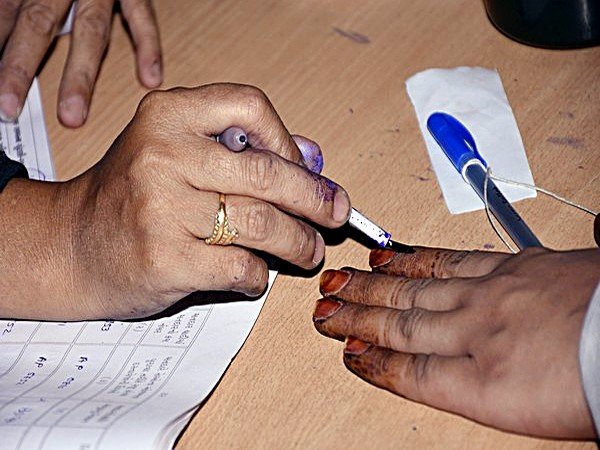
The Assam State Election Commission has announced the schedule for the Panchayat elections, with over 1.8 crore voters set to cast their ballots across 27 districts. The elections will take place in two phases on May 2 and May 7, with the counting of votes scheduled for May 11. Authorities have set up 25,007 polling stations to ensure smooth voting. Officials are working to manage security arrangements and logistical requirements for the massive electoral exercise.
With rural governance at stake, political parties have intensified their campaigns. Candidates are visiting villages, holding rallies, and engaging in door-to-door interactions to secure voter support. Issues such as infrastructure, employment, and agricultural development have dominated discussions, reflecting the priorities of rural voters. The ruling party is highlighting its past achievements, while the opposition is promising reforms and policy changes.
Election officials are taking steps to ensure free and fair polling. They are deploying security personnel to prevent any disruptions. Surveillance teams are monitoring sensitive areas, while law enforcement agencies are coordinating efforts to maintain order. The Commission has also set up model polling stations to encourage greater voter participation.
Women and first-time voters are expected to play a significant role in this election. Awareness campaigns are being conducted to inform citizens about their voting rights and the importance of local governance. Many young voters are eager to participate, viewing the elections as an opportunity to bring change to their communities.
Electronic Voting Machines (EVMs) will be used across all polling stations to ensure accuracy and efficiency. Election officials have been conducting training sessions for staff members responsible for operating these machines. The process is being streamlined to avoid delays and technical issues. Special arrangements have also been made for elderly and differently-abled voters, with assistance available at polling booths.
Political analysts believe that these elections will serve as a key indicator of public sentiment ahead of the 2026 Assembly elections. The results will provide insight into voter preferences and the effectiveness of governance at the grassroots level. Many candidates are emphasizing local issues, while others are aligning their campaigns with broader political narratives.
Opposition parties are highlighting concerns such as corruption, delays in developmental projects, and lack of basic amenities in rural areas. They are questioning the ruling party’s governance and urging voters to demand accountability. The government, on the other hand, is citing its welfare schemes, infrastructure development, and rural employment initiatives to appeal to the electorate.
The Election Commission has issued strict guidelines to ensure a smooth process. Officials are cracking down on any attempts to influence voters through cash or other incentives. Complaints are being addressed swiftly, and election observers are stationed across constituencies to monitor the proceedings. The Commission is also using digital platforms to spread awareness about ethical voting practices.
In remote areas, authorities are making additional efforts to facilitate voting. Mobile polling stations will be set up where required, and transportation will be arranged for polling personnel. Special teams are being deployed to ensure that even the most isolated villages have access to voting facilities.
As polling day approaches, security measures are being strengthened. Paramilitary forces are working alongside state police to prevent any disruptions. Quick response teams have been formed to handle emergencies. Coordination between various departments is crucial to ensure a peaceful and orderly election.
Voters in Assam are preparing to make their voices heard. Many see this election as a crucial opportunity to shape the future of their local governance. Political parties are making their final push, knowing that every vote will count in determining the leadership of Panchayati Raj institutions. The results will reflect the aspirations and expectations of rural Assam, setting the stage for future political developments.

